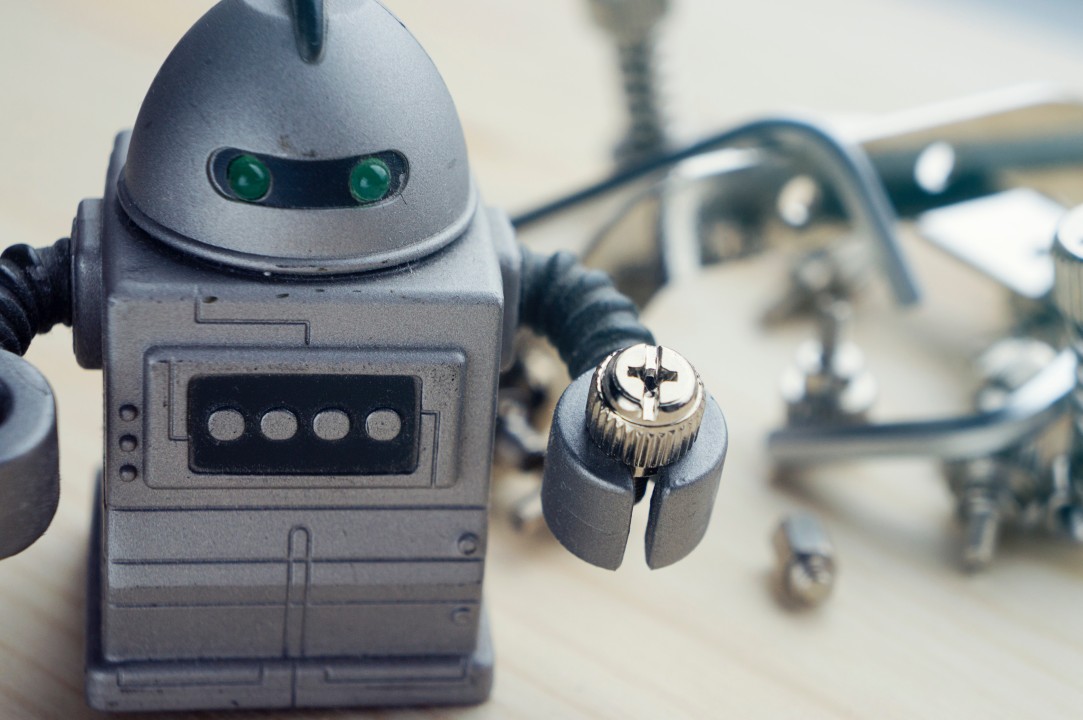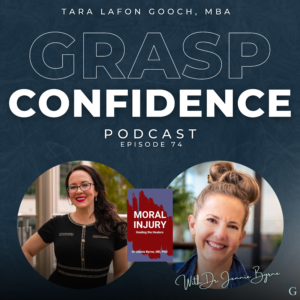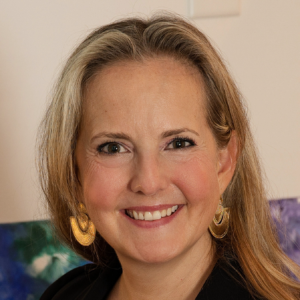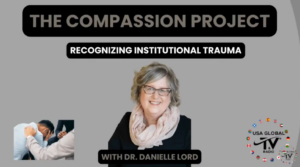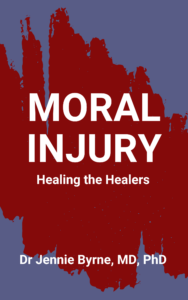Busy is a Choice
Definition of “busy” from Miriam-Webster Dictionary:
1a : engaged in action : OCCUPIED
she’s busy studying.
has enough work to keep him busy for a while
1b : being in use
found the telephone busy
2 : full of activity : BUSTLING
a busy seaport
3 : foolishly or intrusively active : MEDDLING
a busy, fussy sort of man much concerned with regulating everything
4 : full of distracting detail
a busy design
When you ask someone how they are doing, how often do they say:
“I am so busy”
“Things have been crazy busy”
As a culture, the word busy has come to mean something other than its actual
meaning. It is a code. It is a signifier. It can mean many things, for example:
“I have been running around town doing errands and taking kids places.”
“I have many social events this weekend.”
“I work all the time.”
“I am stressed out.”
“I am overwhelmed.”
“I am important.”
We talk about being busy as a status symbol, but we also talk about being busy as a toxic risk to our mental health. Being busy is considered virtuous in our culture.
When writing my book, “Work Smart: Use Your Brain and Behavior to Master the Future of Work”, I learned that the idea of hustle cultureand the over-use of the world busy is a relatively new phenomena. Since the late 1980s, the use of busy and related terms has exploded. It has been the default answer to “How are you doing?”.
Upon closer look, what does this mean? Why is it virtuous to be (as defined above) occupied, bustling, or meddling? These words give me a mental image of a robot gone amuck. A robot scurrying around the room, looking for things to do, burning energy, and on auto-pilot without intention. I do not want to be this kind of robot.
After removing the positive cultural value to the word busy, we can see that this kind of activity is extraneous and self-inflicted. It is easy to fall into hustle culture and forget to be intentional with our time.It surrounds us endlessly, and social media reinforces the social norm of being busy.
I offer that we can reframe our understanding of busy. We can be busy, but it is a choice. We can also choose not to be busy. We can intentionally spend our energy in meaningful ways and pause when we need to pause and rest and reflect. We can choose to be full of activity when we want to be.
When days are full of activity, we can say “My day is full” or “Life is full right now” rather than “I am busy”.Using the word full is more accurate and reflects the intention we put into our time.
Having said this, I also realize that some people’s lives are full and they do not have a choice. Some people need to work two or three jobs just to put food on the table for their family. These people can say “I am busy”without participating in hustle culture. They are busy because they have to be.
But for many others, busy is a choice.
I have noticed that many people who I am meeting for the first time use the word busy before I even get a chance to talk. They say things like:
“Thank you for your time, I know you are busy.”
“You are so busy, how do you do it all?”
“As a leader, a mom, a writer, all these things – you must be so crazy busy.”
Curious to see their reaction, I say:
“Yes, life is full right now. But I feel less busy than I ever have in my life.”
The other person is typically quite confused at this point and doesn’t know how to respond. If you are curious to see what it means to opt out of hustle culture, here are a few experiments you can try.
- Look at your weekend (or non-work day) calendar. What intention will you set for those days to do meaningful activities and then rest and reflect the rest of the time?
- Ask people how they are doing and take notes on what percentage of them use the word “busy”in their response.
- Check out your social media feed and see how many of the posts are related to busy activities vs how many posts are related to quiet reflection.
- For one day, when people ask you how you are doing, avoid using the word busy. You can say something like “life is full right now”if you are feel- ing busy inside. Watch their reactions and observe how they respond.
How did your experiment go? I would love you to share below.

